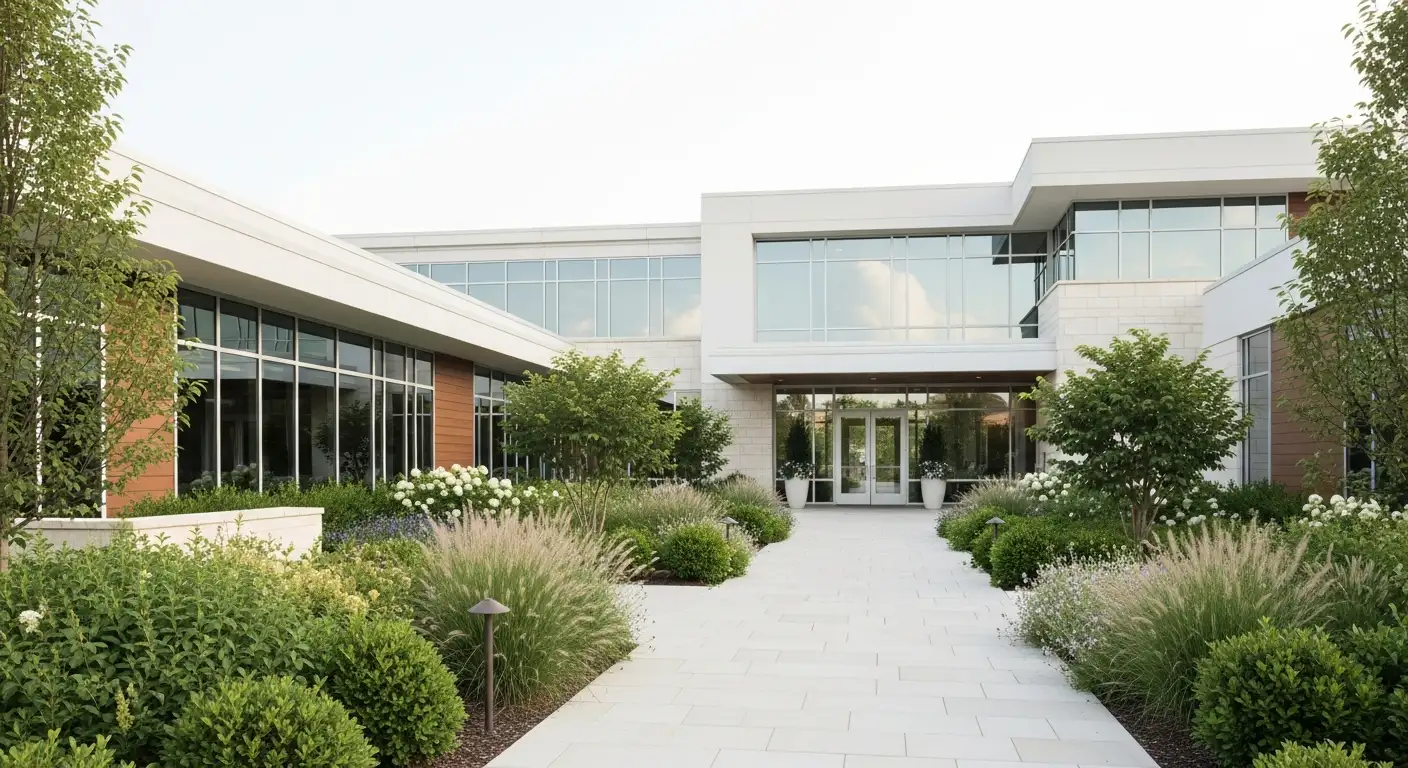Recovery Articles For You
Recovery Begins Here
Click below to get in touch and schedule a consult call with our team to begin your journey towards happiness and freedom.
Rosewood Recovery does not discrimate against any person because of the race, color, religious creed, ancestry, age, sex, sexual orientation, gender identity, national origin, handicap or disability or the use of a guide or support animal because of the blindness, deafness or physical handicap.













